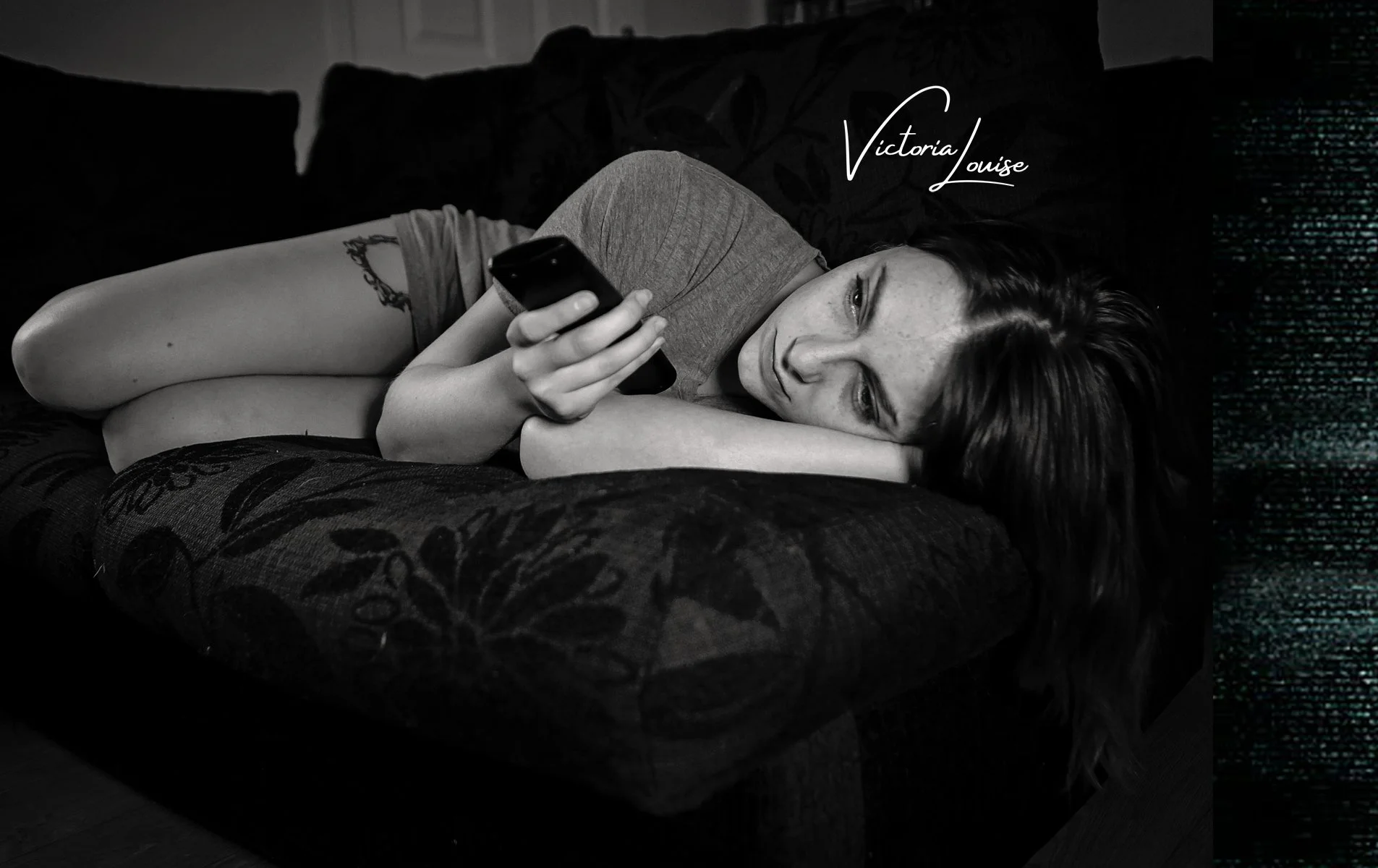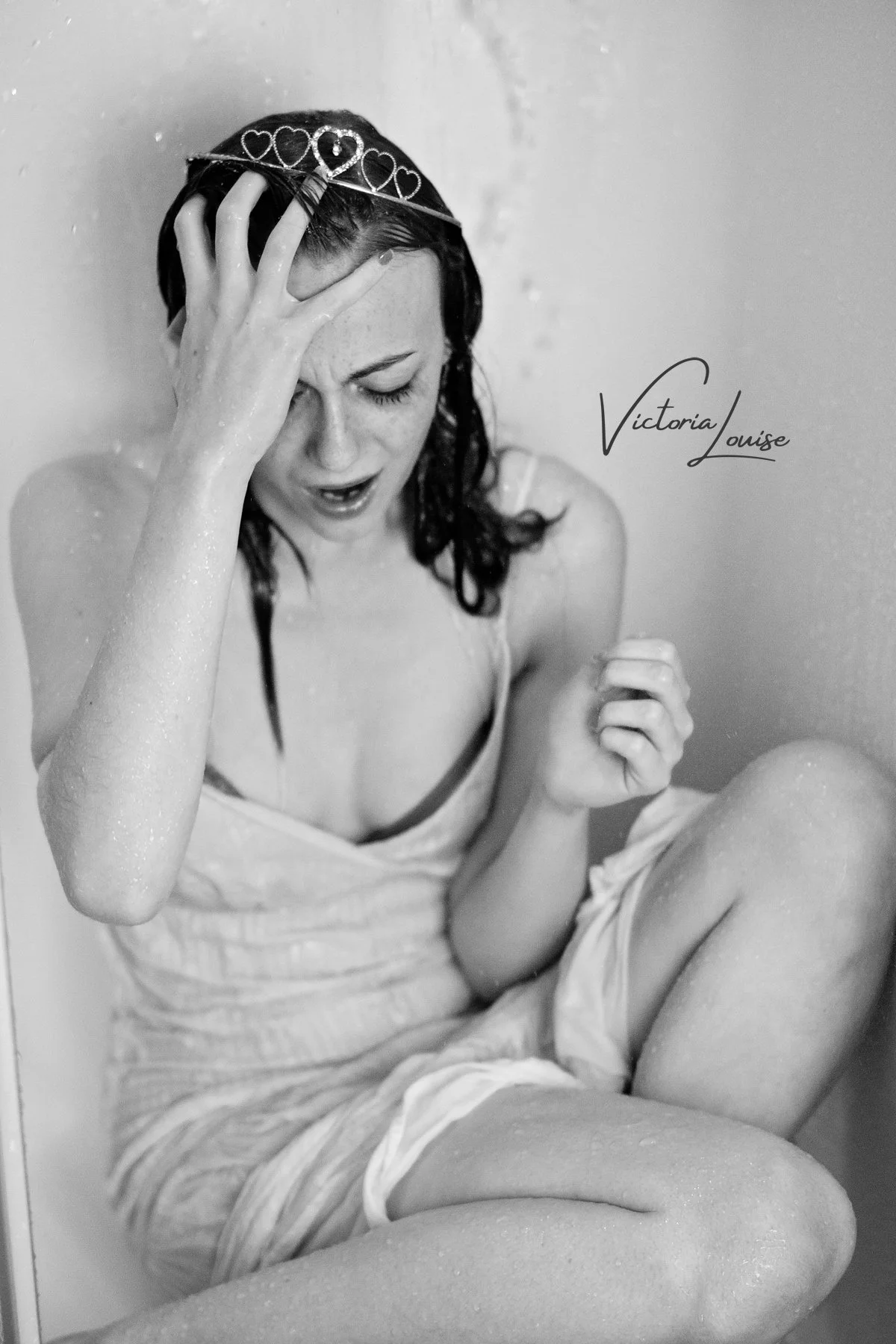Understanding post-natal depression | signs and symptoms of Postnatal depression | support for post natal depression
Society teaches us that when we become a parent that there is this instinctual love for our babies when we lay our eyes on them and that being a parent is a wonderful thing. However, there is a condition that affects thousands of mothers and fathers all over the globe that affects people’s day to day living and that is “Post-natal depression”
What exactly is post-natal depression?
In short, it’s feeling very depressed after you have had your baby.
It’s common to have the “baby blues” in the first couple of weeks, but any time after that when a parent has overwhelming feelings; it’s time to consider getting some help as this could be post-natal depression.
Post-natal can happen any time in your baby’s first year of life, from birth to a gradual process.
Men can suffer from post-natal depression, it’s not just women.
If a person suffers from mental health issues already, having a baby may trigger their illnesses and make them worse. Women can suffer from eating disorders while pregnant in fear of getting too big or after birth to get back to their pre-baby weight.
Psychosis can happen when a mother’s reality is significantly changed and they suffer from hallucinations, this is a very dangerous condition called post-natal psychosis and this needs medical treatment immediately.
A big change in hormones can cause post-natal depression and facing huge life changing issues like your baby having health issues, dealing with relationship issues, death of loved ones, financial difficulties and a lack of support.
It can happen from your first baby or any baby, even if you have had babies before and you haven’t suffered.
Feeling depressed during your pregnancy is called Antenatal depression and having antenatal depression before your baby and suffering from post-natal depression after your baby has been born is called perinatal depression.
Treatment can include medication, therapy, a combination of both, or a stay in a mother and baby unit hospital for special medical support.
Symptoms of post-natal depression.
– Feeling sad, teary, and having a persistent low mood.
– No longer enjoying life or the things that are very important to you.
– Not feeling hungry and appetite changes, including weight loss or binge eating.
– Feeling tired all the time and having no energy to do anything.
– Trouble falling asleep at night, waking up a lot during the night and other sleep issues.
– Feeling like you can’t look after your baby properly and you’re doing things wrong.
– Lots of mixed emotions from feeling very irritable, guilty, to feeling hopeless.
– Difficulty bonding with your baby; feeling like they aren’t yours or they are better off with someone else, you don’t want to be around with them.
– Confusing thoughts like you want to hurt your baby when they cry.
– Thinking you’re better off dead.
– Not wanting to spend any time with your baby to play with them and just doing the basic duties like feeding and changing your baby’s nappy.
– Not wanting to talk to anyone, not even your partner or best friend and keeping yourself to yourself.
– Not wanting to look after yourself and finding it hard to shower, brush your teeth and getting out of your PJ’s.
– Losing track of time.
– Not being able to laugh and have a joke, everything is empty.
– Thinking that there is something wrong with your baby all the time.
– Constantly worrying someone will take your baby away from you.
– Lack of memory.
– Not being able to concentrate and make decisions.
– Just wanting to sleep all the time.
– Feeling like you want to run away.
– Having a low sex drive.
– Suffering from panic attacks (Feeling sweaty and having a fast heartbeat)
– Feeling disconnected to other people, like they don’t understand.
– Feeling angry towards other people.
– Loss of confidence.
– Not being able to think clearly and having headaches, a spiny feeling head or feeling out of control.
What should you do if you are struggling or think someone is suffering?
· Find out more information on Post-natal depression.
· You can visit your GP (or encourage them to)
· Talk to your health visitor for support and they may refer on to another service that could help.
· You can take yourself and your baby to the emergency room if you don’t feel safe.
· Self-refer to get some mental health support at your GP or online.
· You can offer them support like looking after their baby, cleaning their house ect.
What can you do to help yourself?
– Ask for more support from your partner.
– Slow down, don’t get stressed out with the housework just focus on having clean laundry and putting the bins out, everything else can wait!
– Journal your feelings.
– Don’t isolate yourself; join a baby group.
– Schedule a date night with your partner.
– Schedule a rest day for yourself.
– Avoid making big decisions during this time.
– Take a break from work or school.
– Try to improve your diet and eat healthily.
– Take up a gentle form of exercise like yoga.
– Take some time out for yourself – self-care!
– Seek professional help.
– Share your duties with your partner or with someone close.
– Be gentle with yourself, your body has changed and it won’t be the same again and this is completely normal.
I hope this gives you some advice on this subject and may thank you for reading!
* Please note, information collectively sourced from the internet *
Love and Light, Victoria Louise


